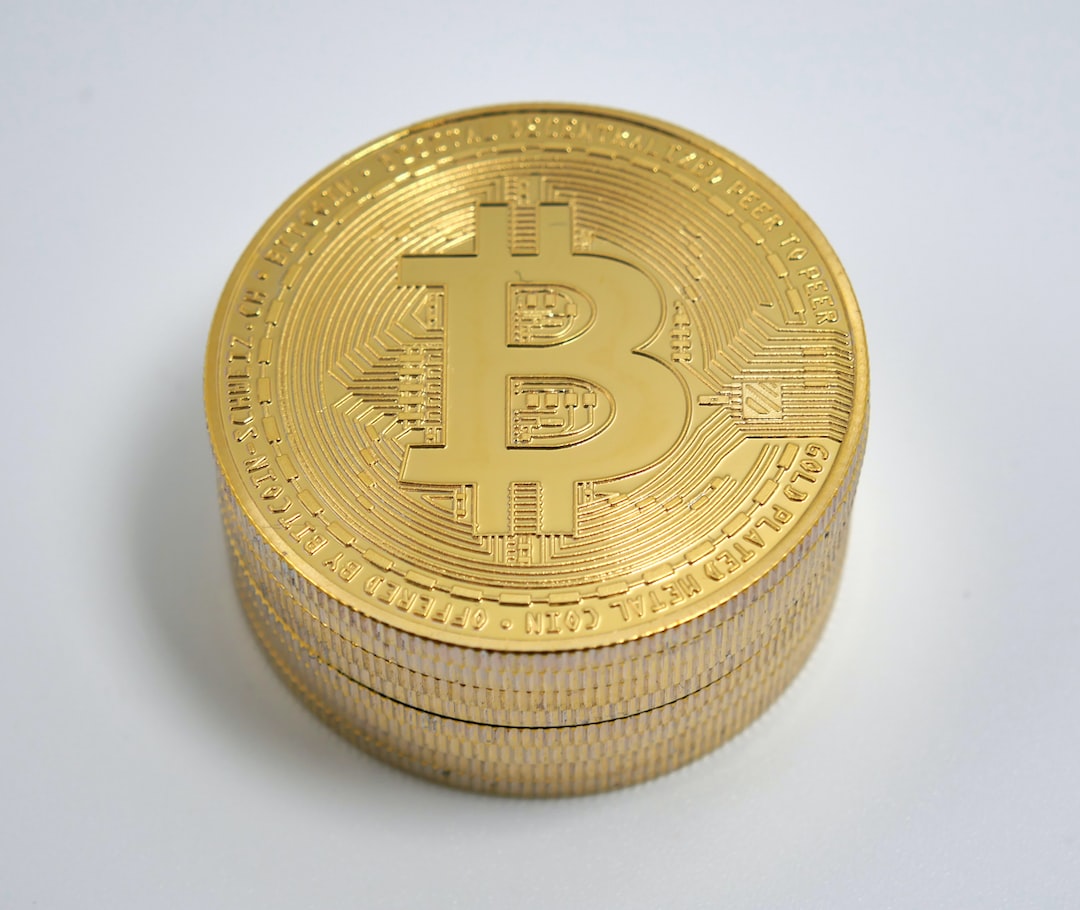The Concerns of IOSCO on Decentralized Financial Applications
When it comes to decentralized finance (DeFi), there is a widespread belief that it operates autonomously and is governed solely by smart contracts. However, this is a misconception, according to Tuang Lee Lim, Chair of IOSCO’s Board-Level Fintech Task Force. He points out that regardless of the DeFi arrangement’s operating model, there are individuals who can be held accountable.
To address this issue, IOSCO has published recommendations that call for national regulators to identify the responsible parties and impose obligations on them to ensure investor protection and market integrity, similar to the regulations in traditional finance (TradFi).
While DeFi may not comply with existing TradFi rules or fall within their scope, officials express concerns about the potential risks associated with pseudonymity and opaque governance. These risks include collusion, conflicts of interest, front-running, hacks, and excessive leverage, which may be harder to identify due to the decentralized nature of DeFi.
The IOSCO report emphasizes the need for a functionally based regulatory approach that aligns with the investor protection and market integrity standards of traditional financial markets.
A Global Call for Comprehensive Crypto Regulation
Shortly after the release of the IOSCO report, the Financial Stability Board and the International Monetary Fund issued a joint call for a comprehensive and global approach to crypto regulation. This call comes at a time when leaders from the world’s top twenty economies are gathering for a summit in New Delhi, India.
Hot Take: The Challenges of Regulating Decentralized Finance
Regulating decentralized finance poses unique challenges due to its decentralized nature and autonomous code. While efforts are being made to identify responsible parties and ensure investor protection, the lack of centralized control and pseudonymity make it difficult to detect potential risks. Striking a balance between innovation and regulation is crucial to foster the growth of DeFi while safeguarding market integrity and investor interests.





 By
By
 By
By
 By
By
 By
By

 By
By